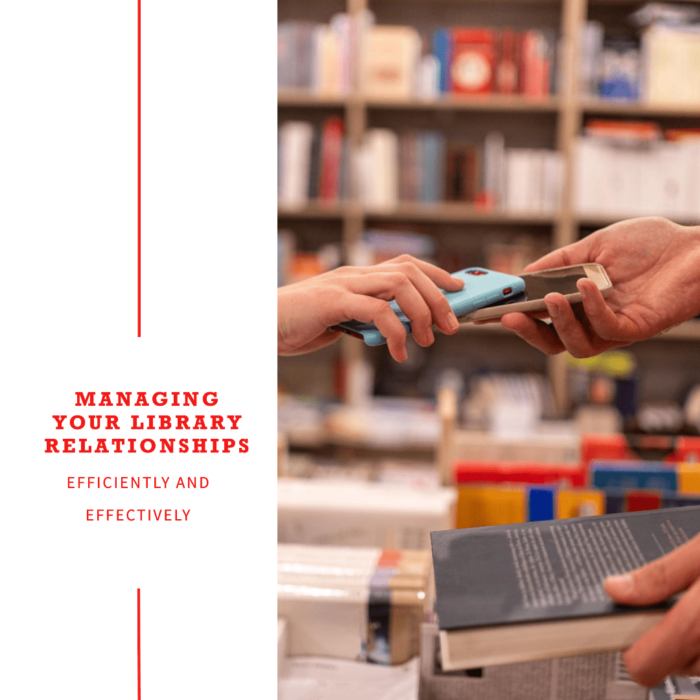This month, Trevor Deck walks us through the library’s collection development mandates, scope and goals.

Chat GPT: threat or menace?
 “In the realm of artificial intelligence, ChatGPT stands as a groundbreaking conversational agent that has redefined the boundaries of human-machine interaction,” even if it does say so itself. This self-congratulating sentence, created by ChatGPT when asked to write an opening statement for this article, exemplifies the impressive capabilities of artificial intelligence (AI). Whether it’s breaking writer’s block, fixing tone, clarifying dense scientific principles, or even making a grocery list – there appears to be no limit for what AI can do, except that imposed by human creativity and the ability to ask the right questions.
“In the realm of artificial intelligence, ChatGPT stands as a groundbreaking conversational agent that has redefined the boundaries of human-machine interaction,” even if it does say so itself. This self-congratulating sentence, created by ChatGPT when asked to write an opening statement for this article, exemplifies the impressive capabilities of artificial intelligence (AI). Whether it’s breaking writer’s block, fixing tone, clarifying dense scientific principles, or even making a grocery list – there appears to be no limit for what AI can do, except that imposed by human creativity and the ability to ask the right questions.
That said, the academic community seems largely afraid or at least uneasy about stepping into this unknown technology. Recently when asked at the OCUL Collaborative Futures mini- conference 2023, more than half of librarians answered that they would rather live in a world without AI than a world where AI does most jobs. When thinking about AI in our darkest moments, we may be guilty of imagining an end-of-days hellscape, while in our most optimistic times, we grapple with a sense of uneasy uncertainty regarding our role in this emerging world. Dr. Steven Mintz, professor at the University of Texas and Digital History pioneer, paints a far more optimistic picture of AI’s influence on academia.
In a recent talk, “Chat GPT: Threat or menace,” Dr. Mintz presented a refreshing picture of where we are standing at the precipice of a paradigm shift, which he likened to the advent of the internet. In his own words, he tries to tackle the question, “what can we do with new technology to make it our ally and not our enemy?” Dr. Mintz states that Chat GPT will alter the skills we value, like the calculator. For example, the ability to formulate insightful prompts, foster advanced specialized expertise, calculate errors and inaccuracies, and the ability to leverage AI-generated insights to solve real-world problems will be critical. He argues that rather than trying to duplicate the work AI is capable of, we should work to surpass it. Meaning, as academic institutions we need to teach students how to use these tools effectively so that they can do things that technology cannot.
what can we do with new technology to make it our ally and not our enemy?
His talk hinged on the idea that although an unknown number of people will become victims of progress and inevitably be displaced from their jobs, resistance to technology is futile. This is an uncomfortable feeling to sit with, but humanity has been here before. This is not the first time that technology has displaced workers, and it will very likely not be the last. Dr. Mintz reminds us that we, as educators and community leaders, have a unique opportunity, and responsibility, to produce graduates and citizens who are equipped with the necessary skills to leverage new technology and thrive in the age of artificial intelligence.
As we navigate these uncertain times, it may help to consider these profound words from Dr. Mintz; “we should never let our fears outweigh our hopes.”
Note: the author of this article leveraged ChatGPT to overcome writer’s block, find appropriate synonyms, and clarify verbose sentences. In this experience, ChatGPT served as a helpful assistant, but did not pose any threat of replacing the author. In fact, when asked if ChatGPT knew about Dr. Mintz’s talk, it did not. Further, many of the rewrites it suggested were unhelpful and the author opted to keep their original wording.
References:
Mintz, S. (2023, March 6). ChatGPT: Threat or menace. Contact North Webinars. https://contactnorth.zoom.us/rec/share/P7W5fCtKvxeKCDDNflcpi-9b0aDuhVhMGdw7it5Uzoo7oy-4oDXcoVQwS0VDMFcq.UlT36Th8D8w32ftM?startTime=1678129107000
OpenAI. (2023). ChatGPT (Mar 14 version) [Large language model]. https://chat.openai.com/chat

